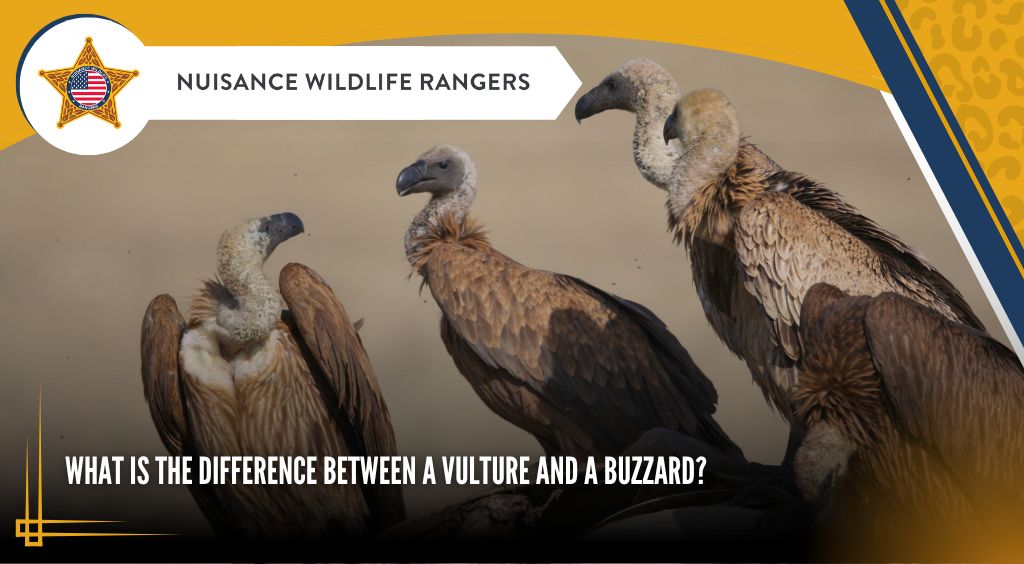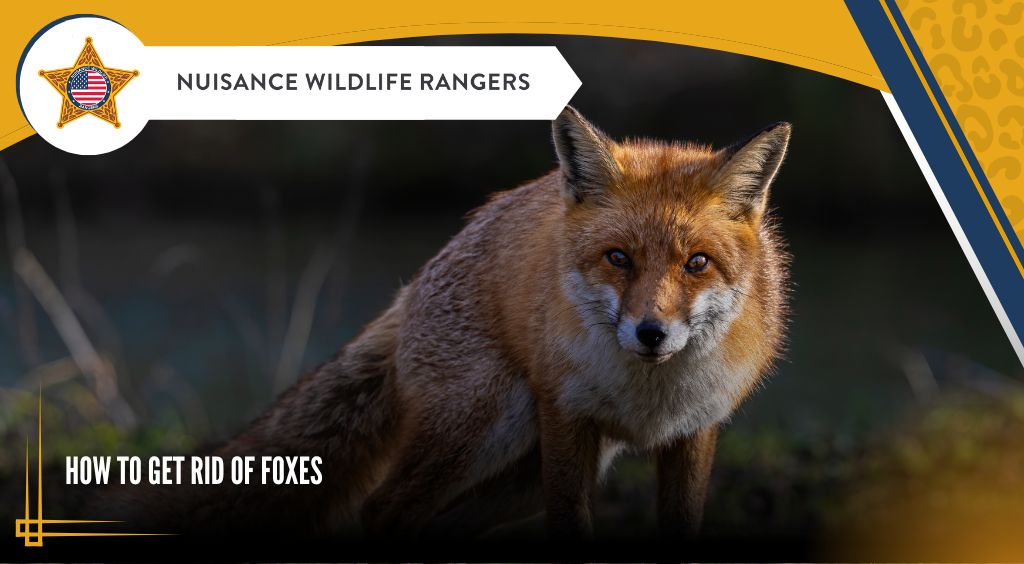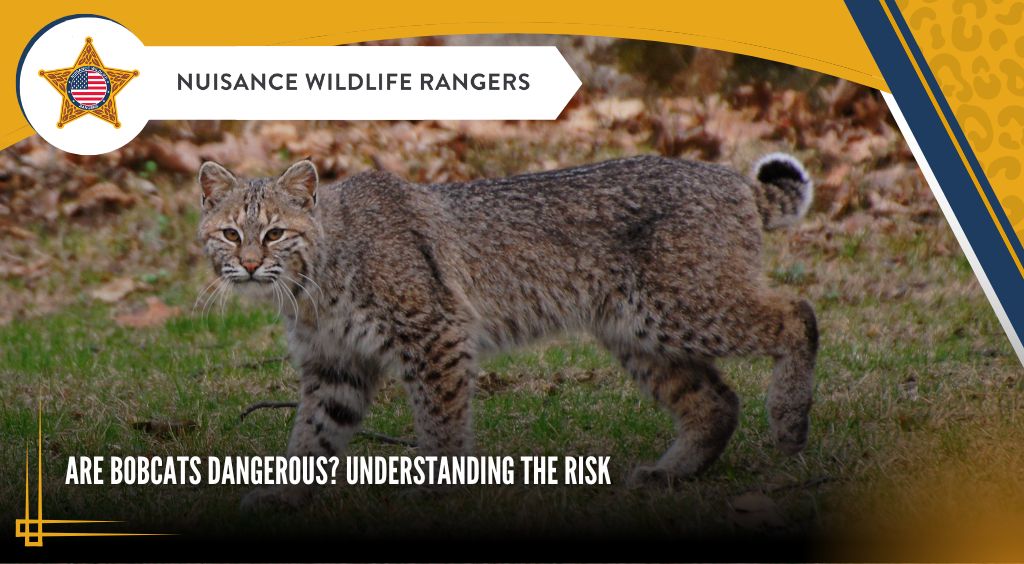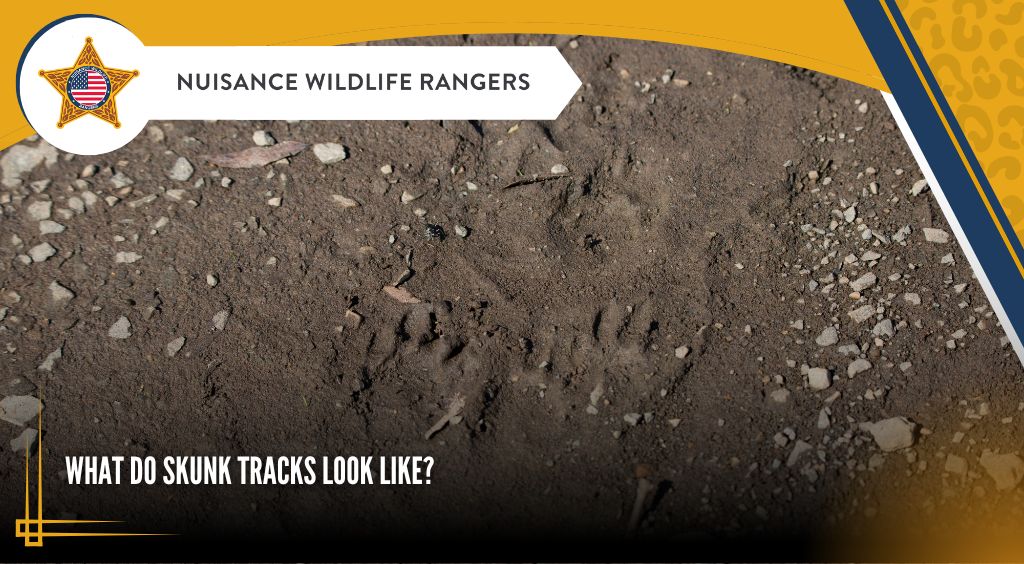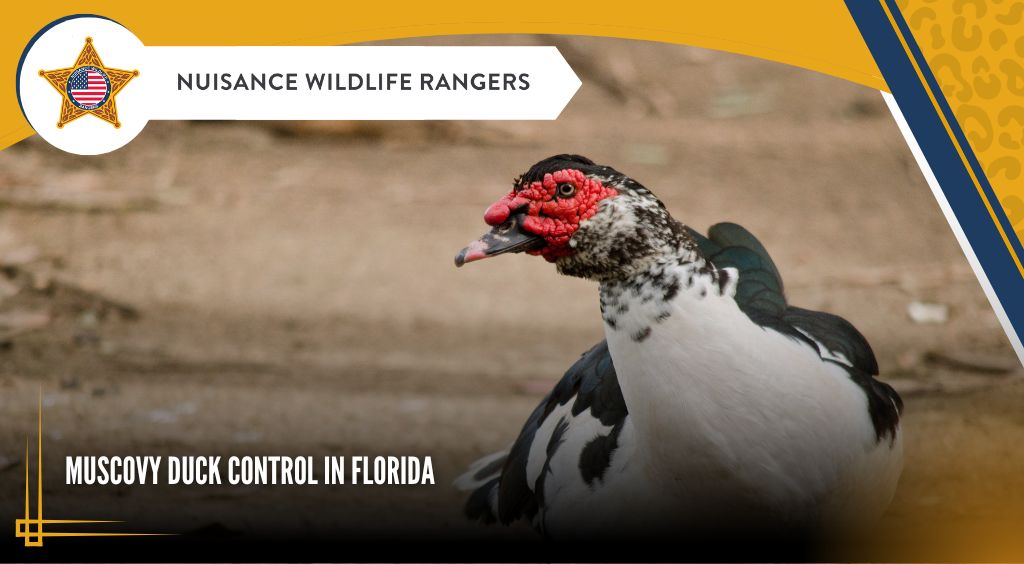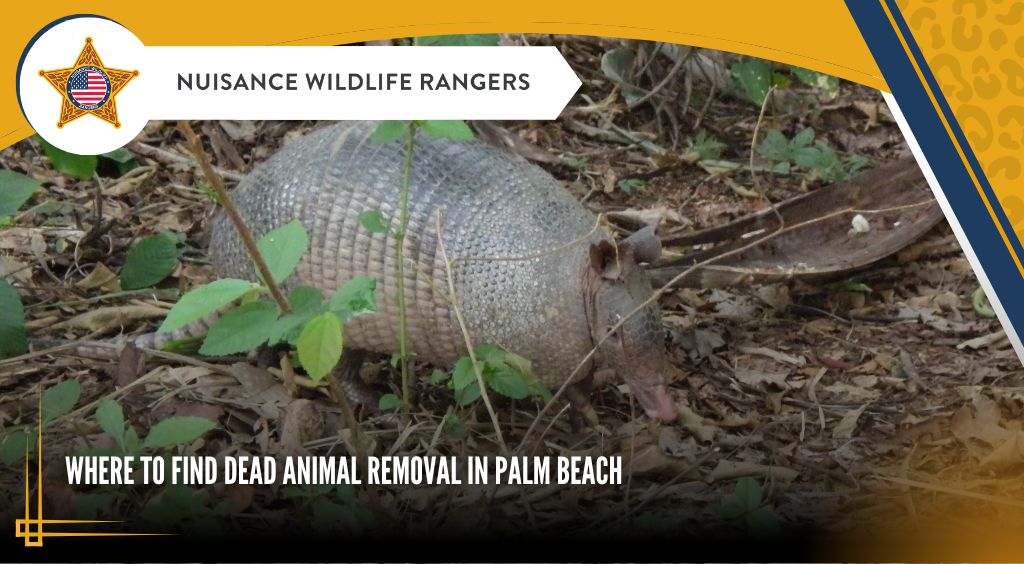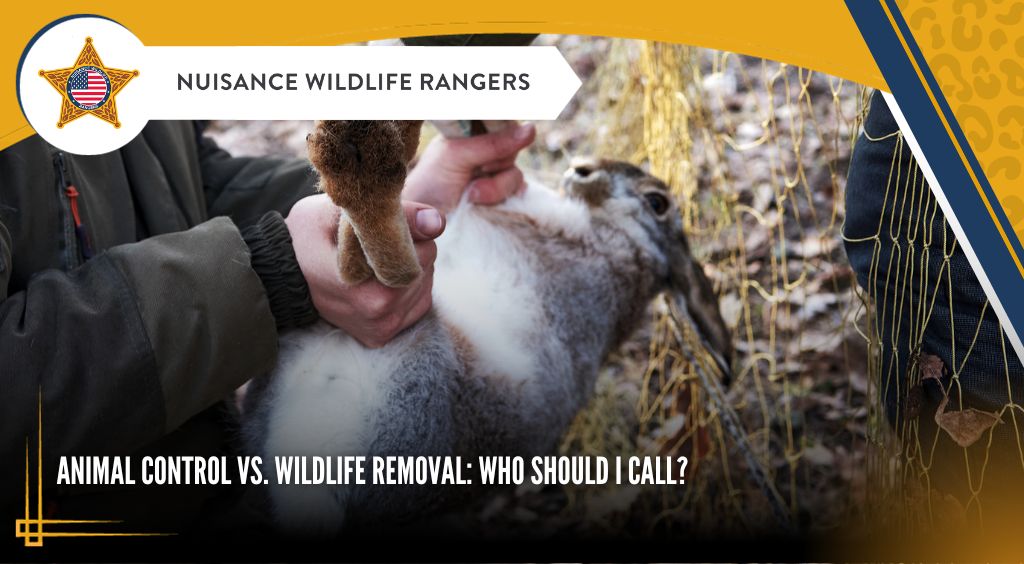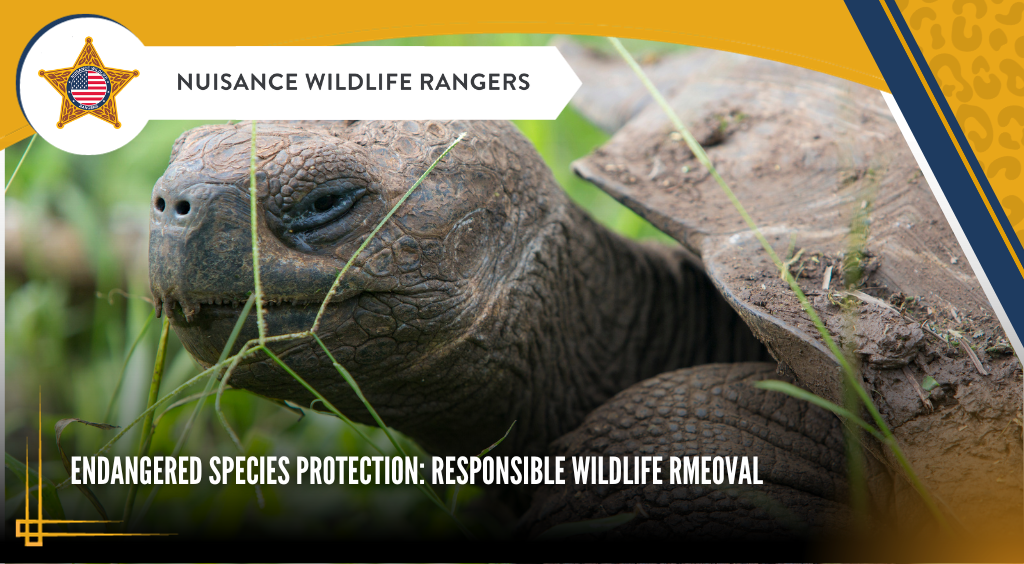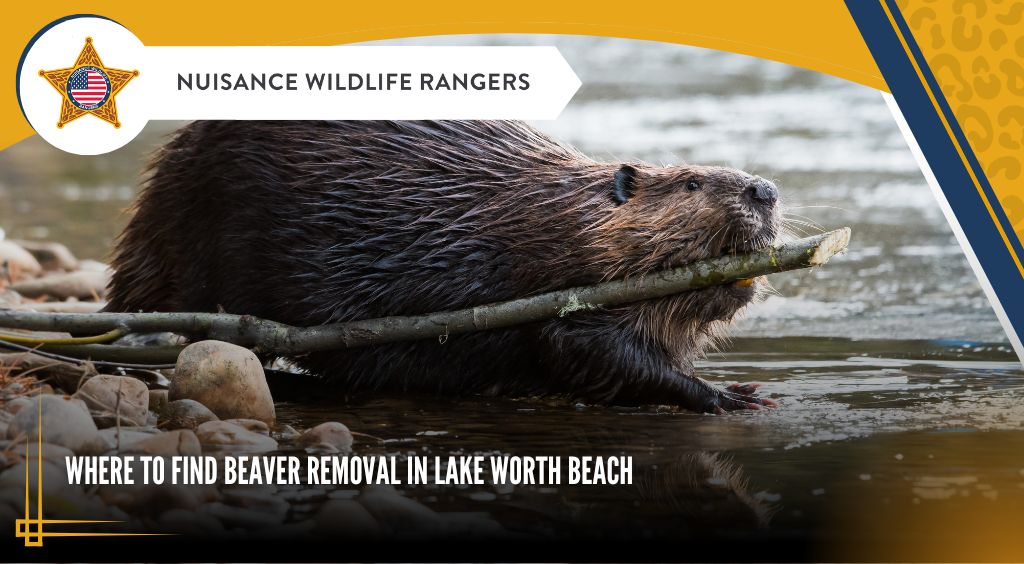
Beavers are considered large semi-aquatic rodents. They have round bodies, short legs, webbed toes, and hairless tails. Beavers always have thick brown coats with waterproof undercoats. These animals use their strong teeth and tools they find in the environment to build dams. Beavers might use trees, branches, grass, rock, and mud to create a dam in the water. Once their…

